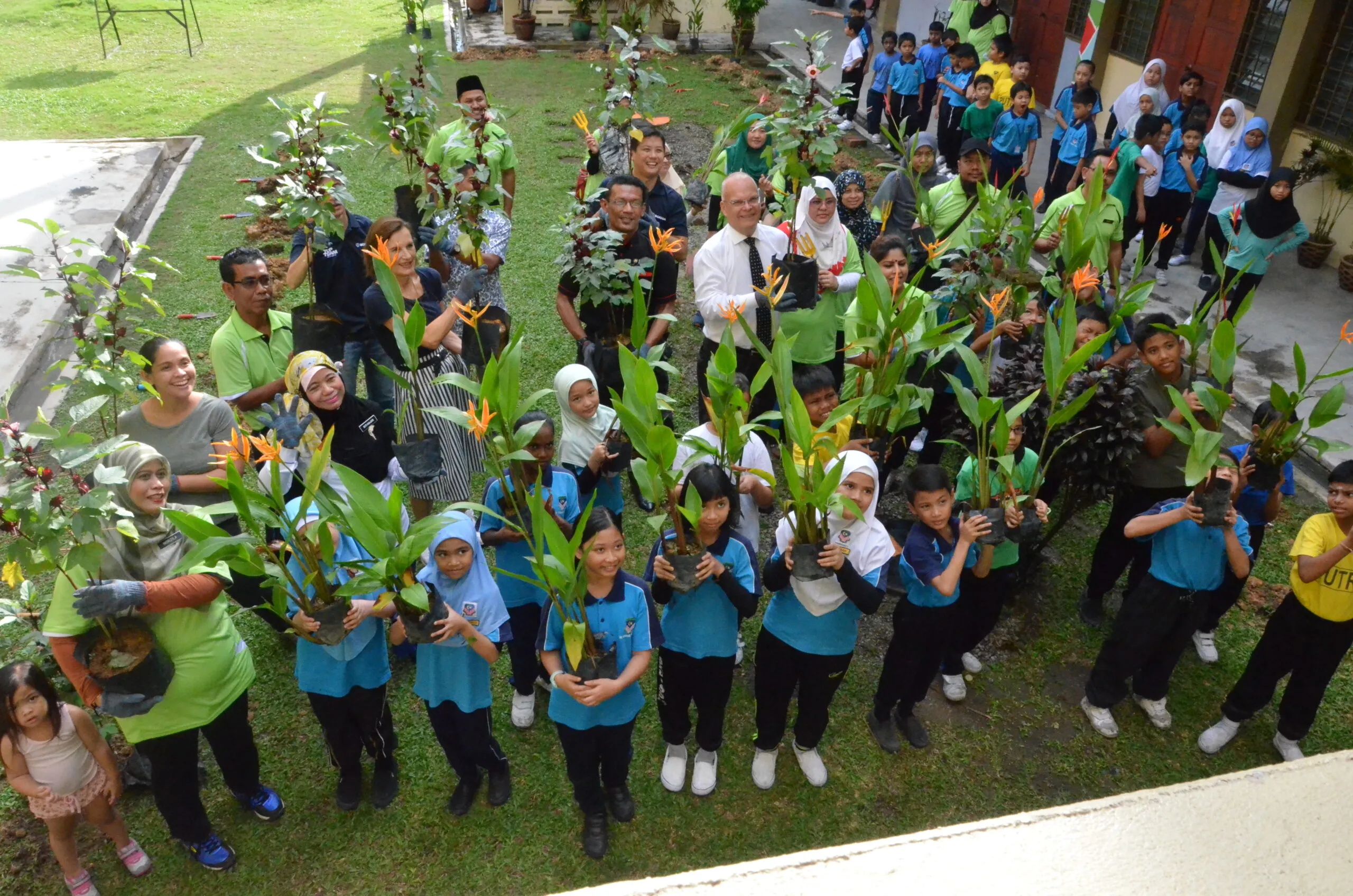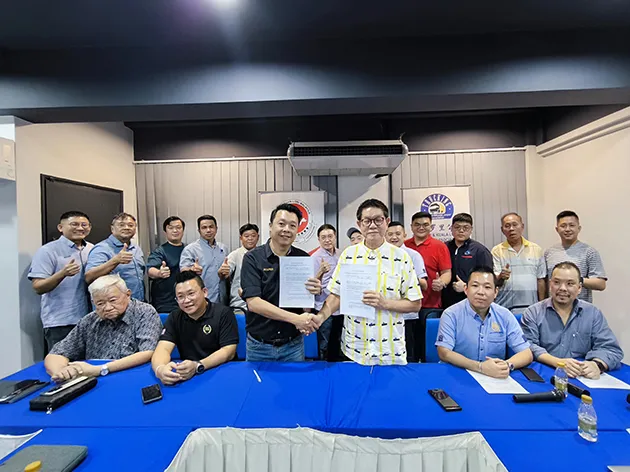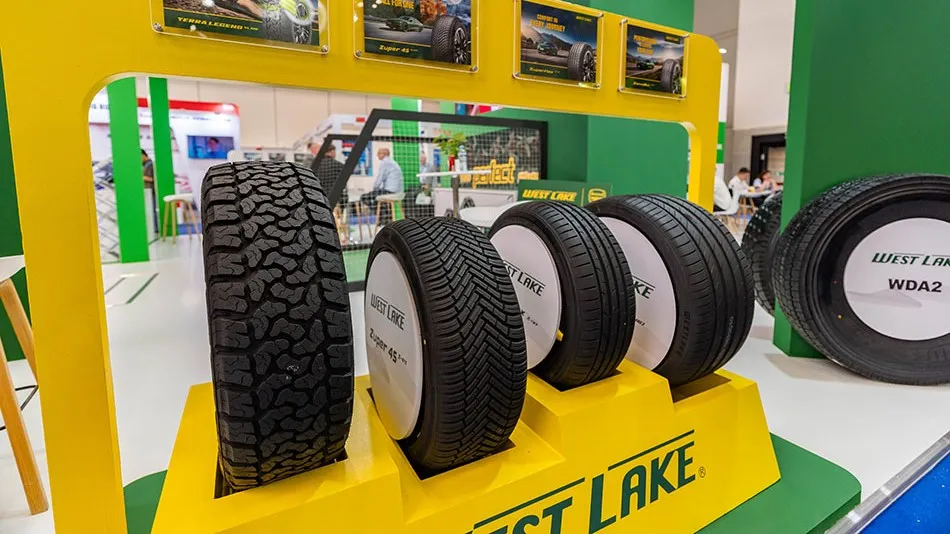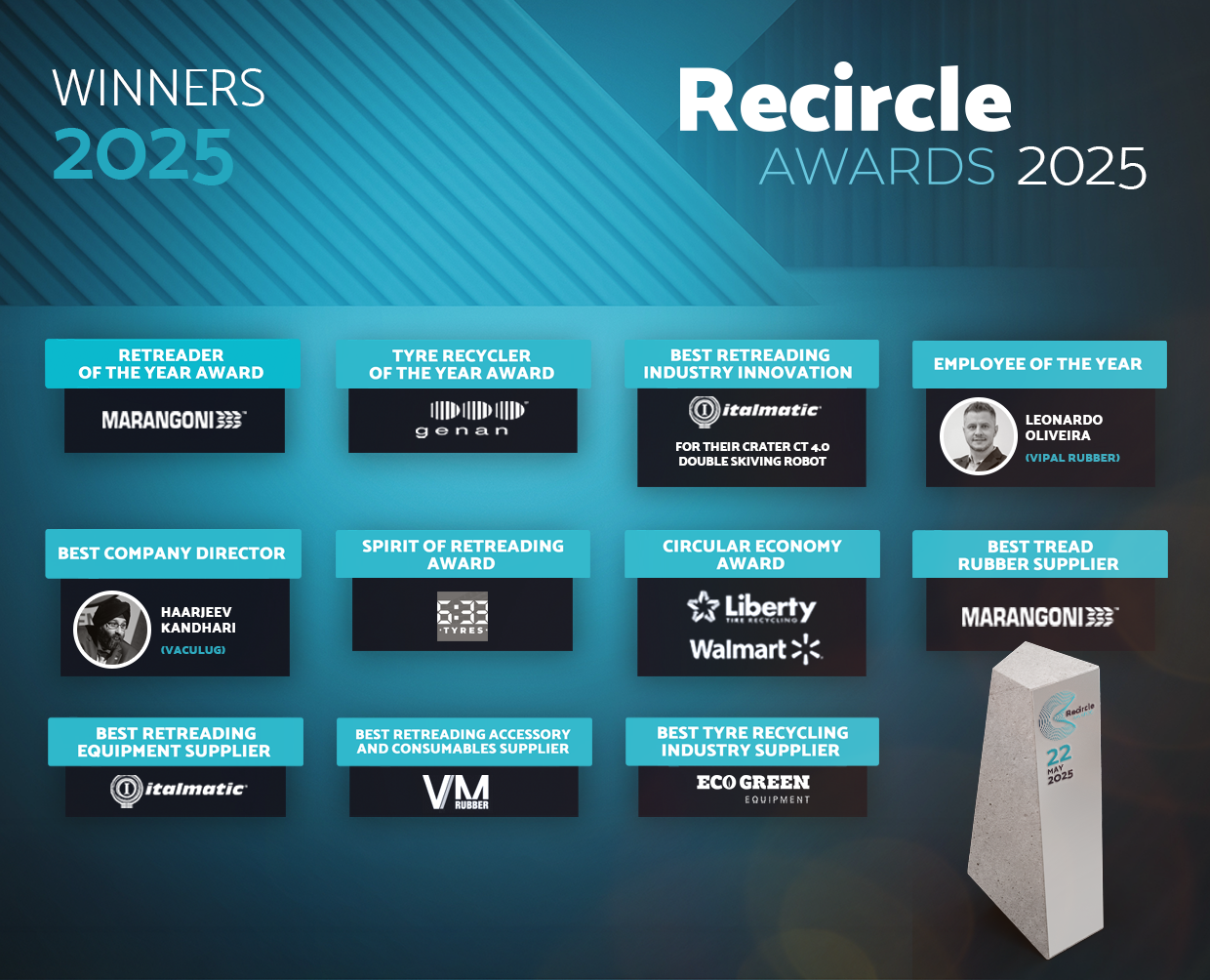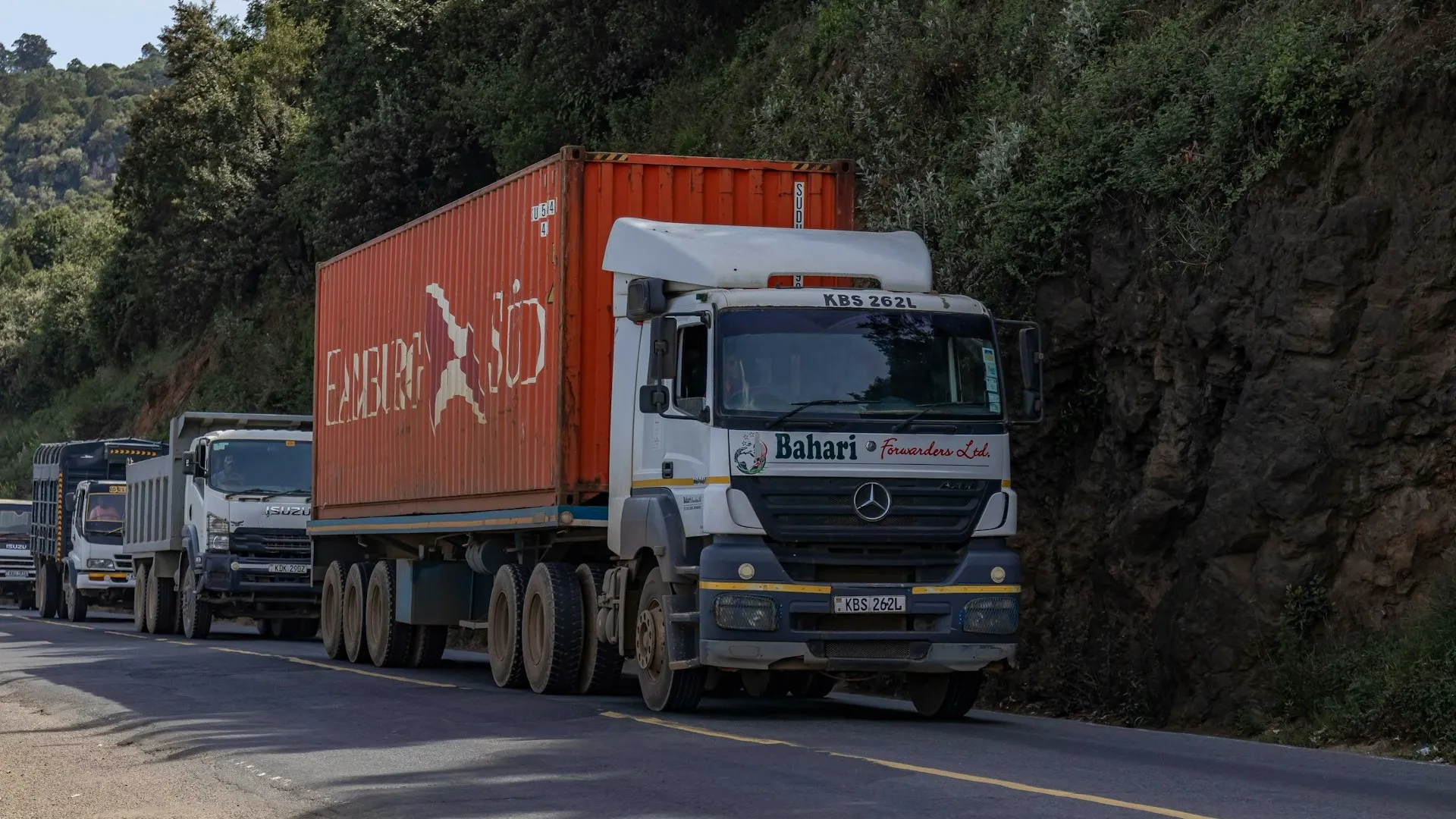The Master Sustainability Fund’s first beneficiary – SK Perdana Jaya SS19 – launched its urban farming and environmental awareness project.
SK Perdana Jaya SS 19 Exemplifies Scania’s Goal of Mastering Sustainability
One of the leading providers of sustainable transport systems, Scania Malaysia established its ‘Master Sustainability’ Fund to motivate and assist local primary schools to start up curricular and extra-curricular activities that focus on sustainability.
The Fund’s first beneficiary – Sekolah Kebangsaan Perdana Jaya SS19 – launched its urban farming and env...
SK Perdana Jaya SS 19 Exemplifies Scania’s Goal of Mastering Sustainability
One of the leading providers of sustainable transport systems, Scania Malaysia established its ‘Master Sustainability’ Fund to motivate and assist local primary schools to start up curricular and extra-curricular activities that focus on sustainability.
The Fund’s first beneficiary – Sekolah Kebangsaan Perdana Jaya SS19 – launched its urban farming and env...

